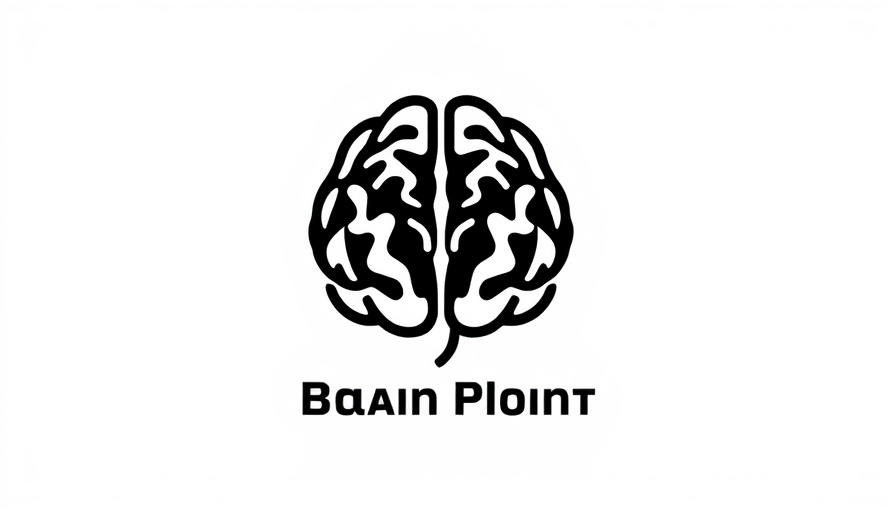
What Are AI Agents, Really?
In the vast landscape of artificial intelligence, 'AI agents' have become the buzzword tech companies love to throw around. Yet, despite the excitement surrounding them, a clear definition remains elusive. Companies like Google, Microsoft, and Salesforce tout their AI agent products, each offering a unique perspective that often leads to confusion.
Marketing executives and leaders, understanding what AI agents truly are and how they operate is crucial. These digital helpers hold the promise of transforming workflow and productivity. Yet, many definitions offered are contradictory, leaving knowledge workers scratching their heads. Microsoft, for example, speaks of 'autonomous agents,' suggesting these AI tools can function independently. Yet, a deeper look into their definitions reveals inconsistencies, creating a murky understanding of the autonomous nature they claim.
Clearer Perspectives on AI Agent Capabilities
Google, on the other hand, provides a more tempered vision. At Google I/O 2024, CEO Sundar Pichai described AI agents that can anticipate tasks and operate across systems, but crucially, under human supervision. HubSpot's Dharmesh Shah echoes this sentiment, framing AI agents as sophisticated tools that, while powerful, still require human input for strategic execution. These insights from respected leaders highlight the diverse operational capacities of AI agents.
For marketing leaders, understanding these nuances helps navigate the hype and align AI strategy with actual capabilities. Knowing an AI agent might autonomously complete specific tasks but still require strategic human oversight is vital in setting realistic expectations and harnessing AI effectively.
Future Trends in AI and Marketing
Looking ahead, it's clear AI agents are set to become an integral part of marketing operations. By embracing their evolving potential, companies can stay at the forefront of innovation. As AI agents grow more sophisticated, they promise to drive efficiencies in data analysis, customer segmentation, and personalized marketing campaigns, offering a competitive edge to those equipped with the right insights.
For C-level leaders, the trend is undeniable – adapting to the AI landscape is no longer optional but an essential strategy. Proactively investing in training and resources will be key to leveraging these technologies for transformative business growth.
 Add Row
Add Row  Add
Add 




Write A Comment